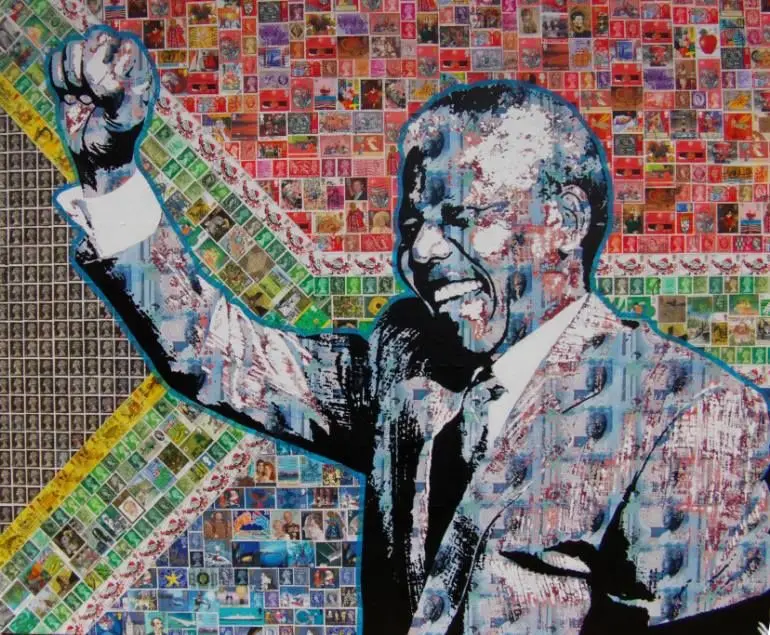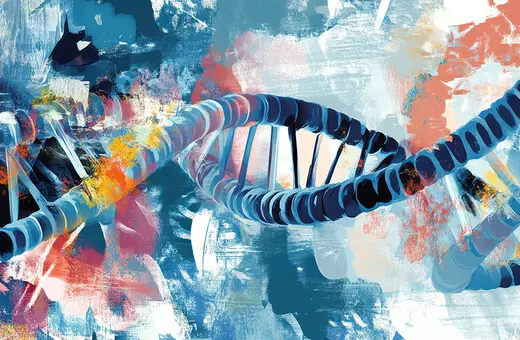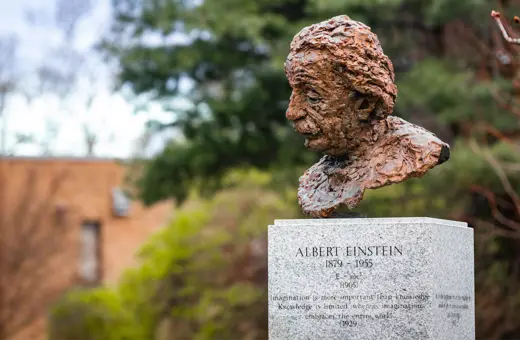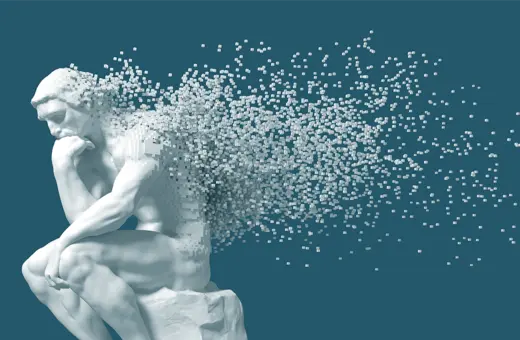Convictions are integral to our identity, which is why they so rarely change. We should all beware of mistaking our tribal values for reasoned beliefs, warns philosopher Michael P. Lynch.
There are times, the philosopher Ludwig Wittgenstein once noted, when reasons run out, when our “spade is turned on bedrock.” When that happens, evidence for or against our beliefs seems beside the point. All that is left, he suggests, is the deed.
Those of us living through the polarized politics of 2020 can sympathize. In the United States in particular, it certainly seems like people have dug in all the way to bedrock. Donald Trump famously suggested four years ago that he could shoot someone and his supporters would still back him. This struck some as darkly funny then, but no one is laughing now. It seems that for some people--and not just on the Right—nothing will change their minds.
All of which begs a simple but difficult question: why is it so hard to change our political convictions? One part of the puzzle lies in the nature of conviction itself.
A conviction is not just a strongly held belief. I strongly believe I am writing on a computer but that is hardly worth calling a conviction of mine. As Wittgenstein’s allusion to bedrock suggests, we think of our deepest convictions as the ground on which our worldview stands. They become part of the landscape, our frame of reference, our “picture of the world”. As a result, convictions feel certain. But not everything we feel certain about is a conviction.
To change your convictions means changing the kind of person you want to be. It means changing your self-identity. And that is not just hard, it is scary.
What makes a conviction a conviction is not its logical certainty or how well supported it is. It is not the content of the conviction that matters; what matters is its connections, or its perceived connections, to our way of life and to what matters to us.
Most importantly, convictions signify to ourselves and others what kind of person we want to be—even if we often lack the courage to live up to them. In short, convictions reflect, and partly compose, our self-identity. It is this fact that makes a conviction feel certain to us, whether or not it really is.
SUGGESTED VIEWING Being Certain With Andrew Bowie, Julian Baggini, Richard Coles, Edwina Currie
By “self-identity” I mean my aspirational self, or what is sometimes called my self-image. That’s a matter of not just who I am - my religion, my job, and so on - but what I care about, and the groups and values with which I wish to identify myself.
Because they reflect our self-identities, our convictions carry authority over our lives. Most obviously, they have authority over our actions; they obligate us to do some things and grant us permission to do others. A religious conviction, for example, can give believers the moral permission to blow themselves up, or cause them to engage in nonviolent protest in support of civil rights.
But crucially, convictions don’t carry just moral authority. They also have authority over what we believe. Once something becomes a real conviction, it is difficult for us, from a psychological standpoint, to doubt, and as a result they are resistant to counter-evidence.






















Join the conversation